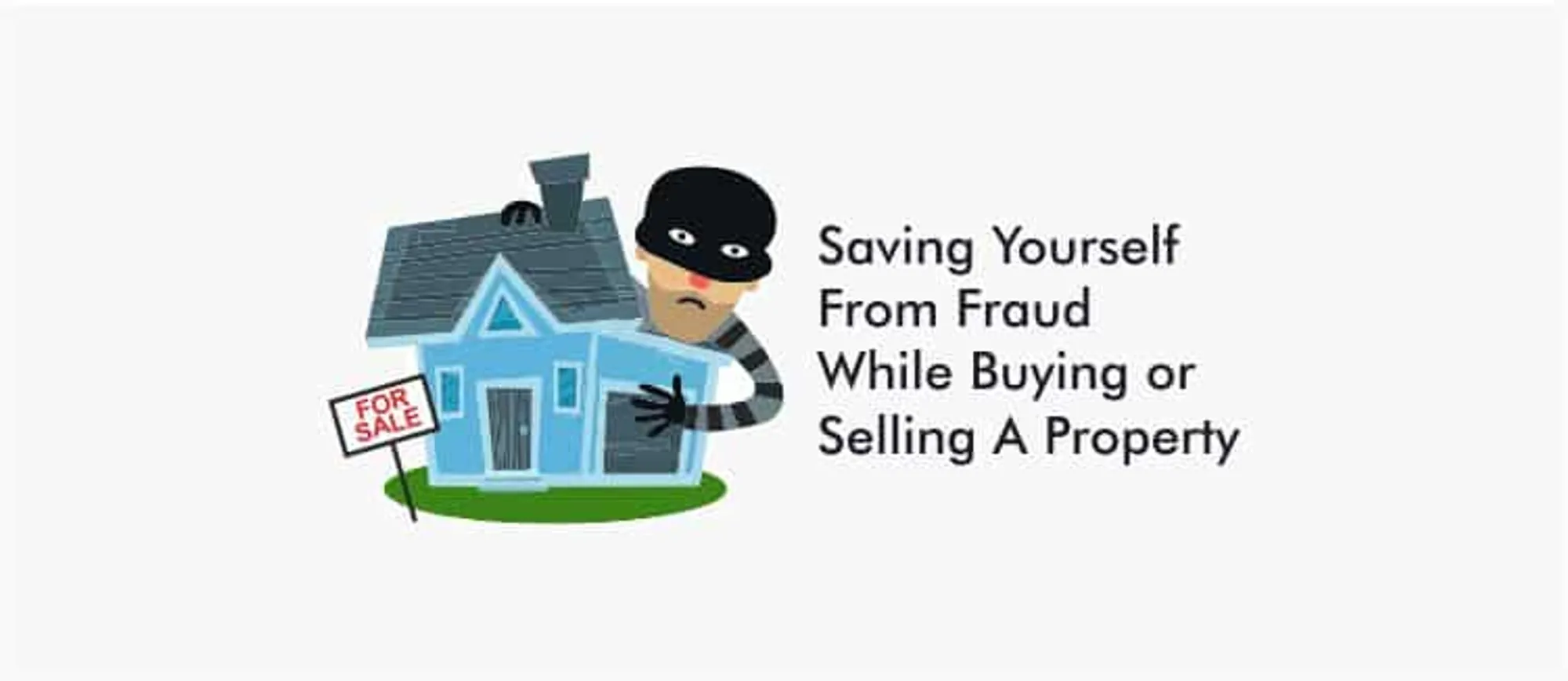It is a bitter fact that there is an occurrence of frauds while buying or selling the property. Misinformation or Ignorance or lack of information on procedures and documentation is the main cause. However, one can easily avoid these complications.
Table of Contents
Some of such common frauds are:
Imperfect Title – For a buyer, it is significant to ensure that the seller has a clean title and can transfer the ownership rights in the property to the buyer. The title should be free from defects. The imperfect title means there is any encumbrance on the property or the property is disputed.
Multiple mortgages: The seller has mortgaged the house to different banks before selling the same.
Read More: How to obtain probate of a Will
Delayed possession by developers – In case of buying house/flat constructed by a builder, possession of the flat is often delayed. The buyer’s money gets blocked.
Building not as per the approved plan– The builder does not construct the building as per the sanctioned plan. Necessary approvals from the Government are not taken. The property is not as per the description/advertisement. Sometimes the location of the property may also differ.
Fake Documents– There is also a practice of preparing fake title deeds. Either the signatures are forged or the document (property document) is not valid i.e. proper stamp duty not paid or document not registered as required.
Fraud by Impersonation: The person presenting himself as the owner of the property is not the actual owner. The documents are signed forging the signatures of the actual owner.
Home equity frauds– In simple words, home equity frauds means a fraud where the fraudster hacks the information about the true owner and reroutes the loan amount to his account by forging the signatures of the actual owner.
Read More: Transfer of Property on the basis of Registered or Unregistered Will
Misuse of power of attorney: A POA granted to execute a sale deed can be misused. It is better to get the same verified from a lawyer to avoid any dispute later.
How to avoid them:
Information and knowledge is the key to avoid any property related frauds. Some steps can be:
To verify the Credentials of the developer/builder:
If the builder/company is reputed, it can help to ensure that necessary approvals have been taken and promises made are not fake. Possession will not be delayed as the developer has maintained a good track record.
Checking the revenue records:
There is a mention of the lien/mortgage over the property in the revenue records. The same can be verified to ensure that property is free from encumbrances and title is clear.
Buying a resale property:
Collect the encumbrance certificate from the office of the Sub Registrar as it helps to verify that the title is clear. EC also contains the name of the previous owner. Also, check the tax payslips. Try to verify that all dues have been paid.
Read More: How to file a partition suit for a property in India
Buying a house in a society:
Check that the society is registered and there is a resident welfare association in place.
Buying a house from a builder:
It is better to check that the project is registered with RERA. It helps to ascertain that all necessary approvals are in place and construction is as per norms. Moreover, possession will be granted as per promise.
From Seller’s point of view certain precautions are:
- Buyers generally ask for original ownership documents. Sellers must possess the same
- Seller must have Approved building plan or occupation certificate from the local authorities
- Sellers must ascertain the identity of the buyers especially if the buyer is executing the conveyance deed using a power of attorney
- Proper valuation of the property to quote the correct price
Taking legal advice:
Property transactions are complex. To avoid the occurrence of fraud, the parties must take legal advice and ensure proper documentation.
Investment in the property must be taken seriously. The casual approach may land you in trouble.

